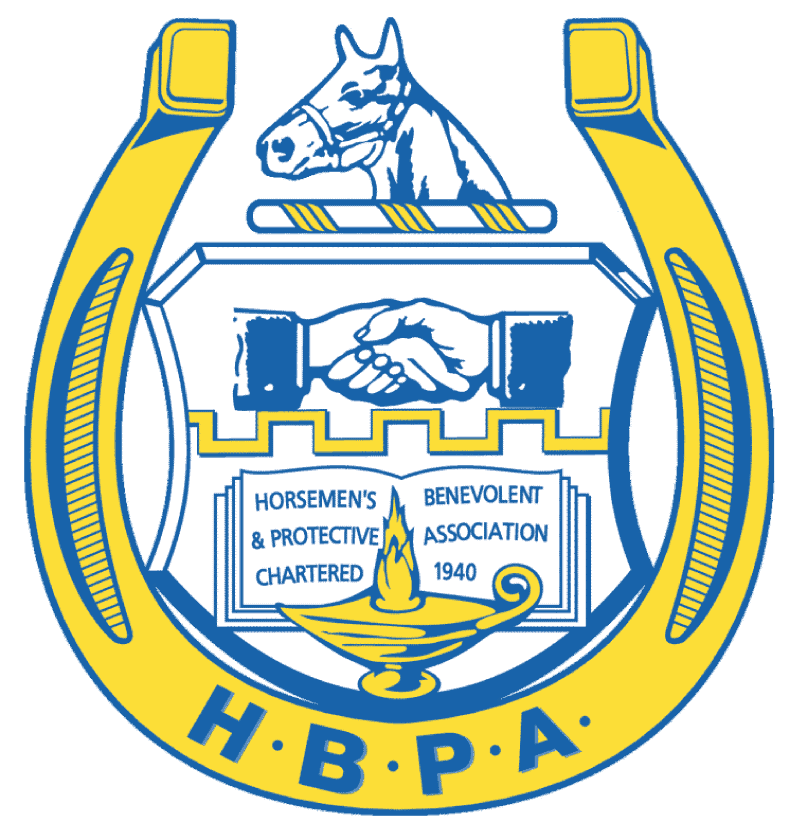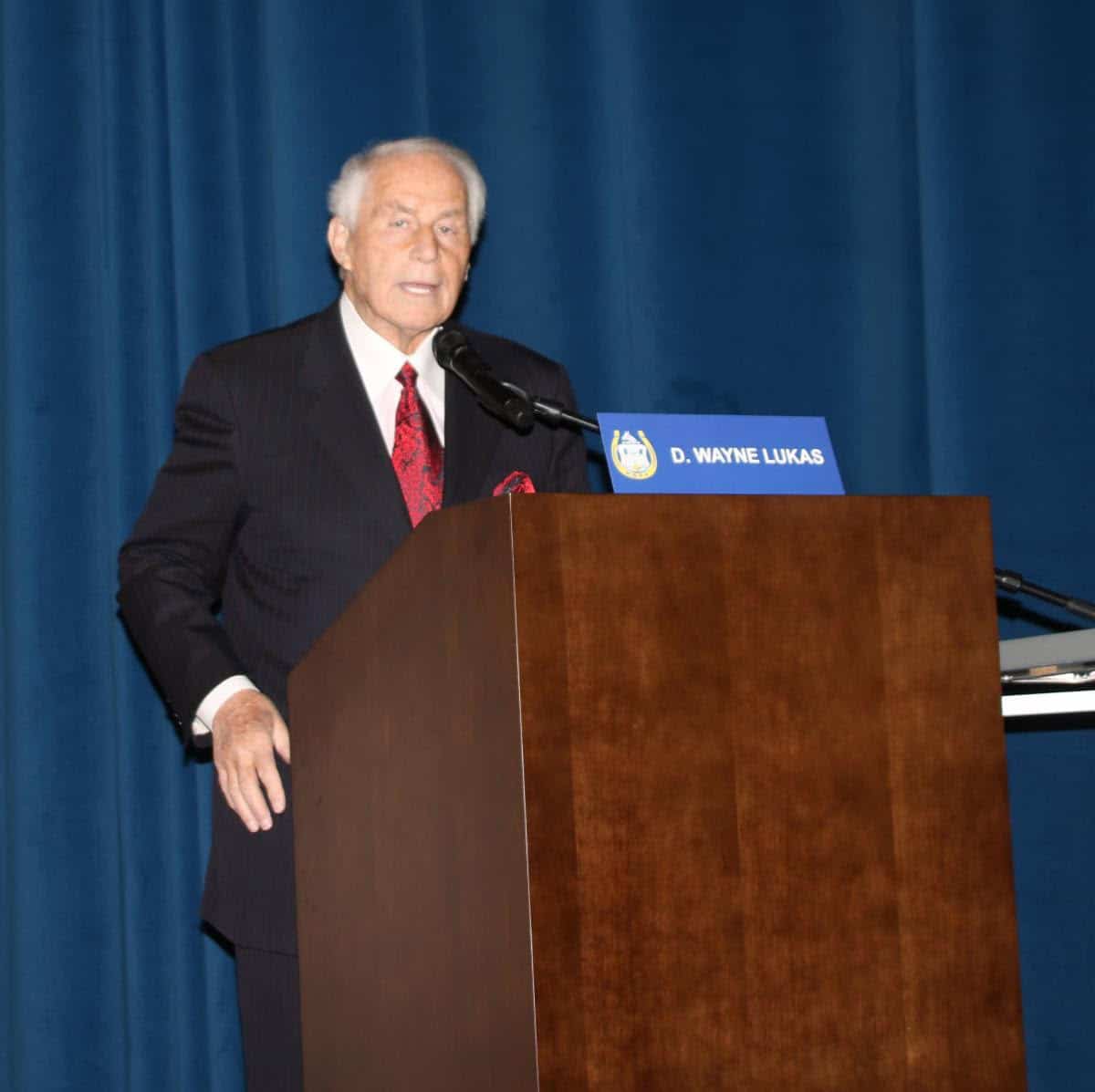KY Regulation for Salix-Free Races Proposed
Blood-Horse
The Kentucky Horse Racing Commission is considering a proposal that would permit the state’s racetracks to card races that would prohibit the administration of furosemide, also known as Salix or Lasix, within 24 hours of post time.
Under the proposal, the commission would adopt a new administrative regulation that “authorizes licensed racing associations to require adherence to International Medication Protocol, as defined, as a condition of entry into a particular race.”
The proposed administrative regulation, drafted Feb. 25, said International Medication Protocol “means a condition of a race that all horses nominated or entered to compete in the race shall not be administered furosemide less than 24 hours prior to post time for the race.”
Furosemide is a diuretic used to treat bleeding in racehorses.
The KHRC Rules Committee will consider the proposed regulation at its March 23 meeting. If approved, it would be considered by the full commission at its regular monthly meeting later in the day.
If implemented, the regulation would allow a racing association to publish the requirement in its condition book “or otherwise make the requirement known to all licensees participating in its race meeting.”
The Kentucky Horsemen’s Benevolent and Protective Association, which is gathering signatures on a petition in opposition to the proposed rule, said it suspects “that this is a precursor to running the 2015 Breeders’ Cup Lasix-free. However, it may well be interpreted that this is the start of running Lasix-free on any race, merely by making all races in the condition book Lasix-free.”
The Breeders’ Cup World Championships will be held at Keeneland for the first time Oct. 30-31.
In addition to the Kentucky HBPA petition, the North American Association of Racetrack Practitioners is also seeking signatures on a petition in opposition.
Marc Guilfoil, director of racing for the KHRC, said no one involved with the drafting of the regulation has mentioned wanting to have it enacted prior to this year’s Breeders’ Cup. He said the proposal must undergo a lengthy process from the time it is approved to becoming a binding regulation.
If approved by the commission, the regulation would go to the state’s Legislative Research Commission for vetting to make sure it is legal and does not conflict with other state statutes.
Once that step is completed, there would a period in which the public could submit comments, a process that would include a public hearing. The desire for the commission to consider the International Medication Protocol arose in the rules committee last August by commissioner John Phillips, and it was tabled on a 4-1 vote.
Keeneland, in a March 20 statement from president and chief executive officer Bill Thomason, said it supports the proposed regulation. Thomason said it would “give us the flexibility to card some races for horses that are free of race-day medication” in 2016.





